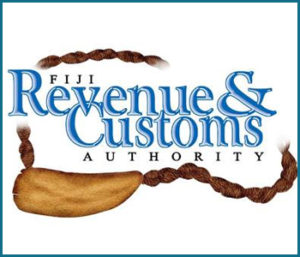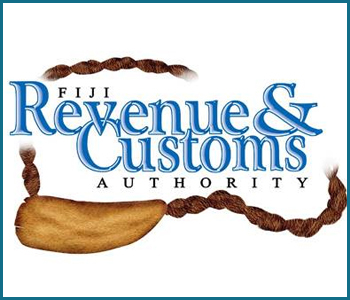The Fiji Revenue and Customs Authority will roll out its VAT Monitoring System project soon with supermarkets in the country.
The VMS software will be linked to the supermarkets cash register and will provide a real time data to FRCA on total company sales and the amount of VAT collected.
FRCA’s CEO Visvanath Das says they have already selected the vendor who will provide the software for the project and after fine tuning some issues, they are now ready to implement VMS which will enhance administration of VAT in Fiji.
He says Fiji loses more than $250 million annually due to fraudulent practices by some businesses in the country.
He says thorough investigations by FRCA reveals that a number of supermarkets are involved in unethical practices by having additional cash registers over claiming of expenses and allegedly falsifying sales data, which are not in the company’s books of records.
Das says FRCA will treat any falsified VAT return with all seriousness and offenders will have to face the full brunt of the law including imprisonment.
He adds that millions of dollars in income go unreported through the informal economy or through simple tax evasion because of the lack of a credible system to monitor these businesses and individuals.
Meanwhile six companies are being investigated by FRCA for alleged Tax and Customs Duty evasion amounting to more than $15 million.
Das says these six companies are allegedly undervaluing their goods to evade Customs Duties as well as understating their income to avoid Taxes.
Das says a number of companies are also allegedly involved in an invoicing scam.
He says three other companies that were under investigation for similar reasons have been investigated and slapped with a $25 million tax bill.
Das says these three companies who are major importers have since paid their taxes and penalties in full.

The CEO says they have also noted in some cases these Fijian based companies set up business houses either in Australia or New Zealand and buy products and supplies for the business in Fiji, however upon further investigation it was established that the products and supplies are coming from China but the invoices are generated in either Australia or New Zealand.
Das says in such cases the value of invoice can be manipulated and understated to avoid duty and VAT at the border.
-Fiji Village





























